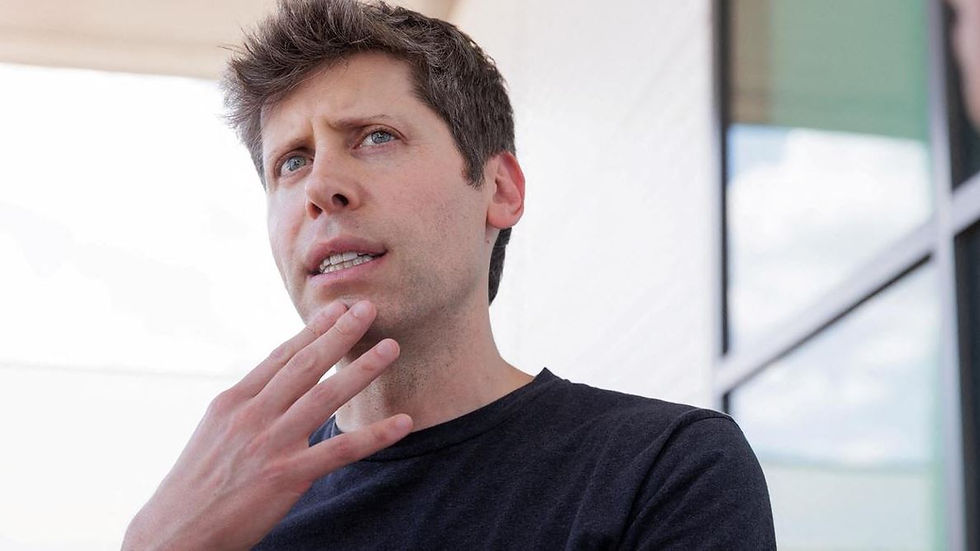Can Musk Still Disrupt OpenAI Despite His Failed Bid?
- Alexei Diego
- Feb 17, 2025
- 2 min read

Elon Musk’s $97.4 billion offer for OpenAI has been officially rejected, but experts suggest that his real aim may not have been to acquire the company. Instead, analysts believe Musk is strategically complicating CEO Sam Altman’s plans to transition OpenAI from its unique non-profit and for-profit structure to a fully commercial enterprise.
According to University of Cambridge professor Johnnie Penn, Musk’s bid is an attempt to "stymie OpenAI’s growth trajectory" by increasing the perceived value of its non-profit assets. This could make the transition process significantly more expensive for Altman and his team.
Cornell University lecturer Lutz Finger echoes this view, stating that Musk’s bid effectively inflates the cost of OpenAI restructuring. "By putting a price tag on the non-profit part, he makes the split way more expensive for Altman to do," Finger told the BBC.
Musk, who co-founded OpenAI, insists that his goal is to restore the company’s original non-profit mission of AI development for humanity’s benefit. However, critics argue that his motives are driven more by competition. His own AI venture, xAI, and its chatbot, Grok, have struggled to gain traction against OpenAI’s ChatGPT.
"Musk has missed the AI train," Finger said. "He's behind and is trying multiple ways to catch up—one of which appears to be undermining OpenAI."
The rivalry between Musk and Altman has become increasingly public. Following Musk’s bid, Altman took to X (formerly Twitter) to mock the offer, prompting Musk to call him a "swindler." The dispute has also escalated to the courtroom, where Musk has sought legal intervention to block OpenAI’s restructuring, claiming he will be "irreparably harmed" without court action.
US District Judge Yvonne Gonzalez Rogers is currently considering Musk’s request for an injunction. OpenAI’s lawyers argue that Musk’s bid contradicts his own claims that the company’s assets should not be sold for private gain.
Industry analysts believe that Musk’s goal was never to finalize a deal but rather to create uncertainty around OpenAI’s future. "I think he’s just trying to create noise and consternation," said Karl Freund, principal analyst at Cambrian-AI.
While this approach may disrupt OpenAI, it could also harm Musk’s own reputation. "He’s brilliant and has built groundbreaking companies, but his personal agenda is causing people to question his motives," Freund added.
As the legal battle unfolds, it remains to be seen whether Musk’s interference will have a lasting impact on OpenAI—or if it will backfire on him instead.



Comments